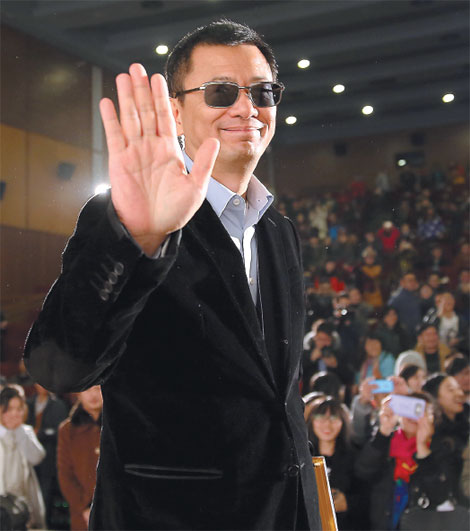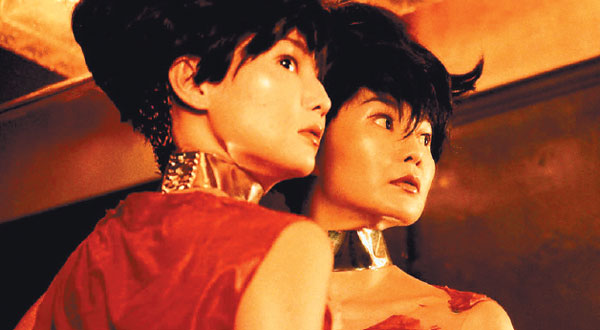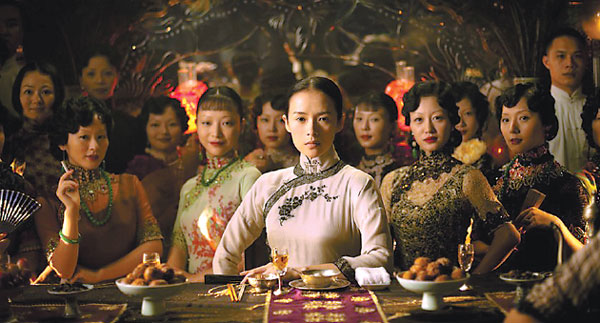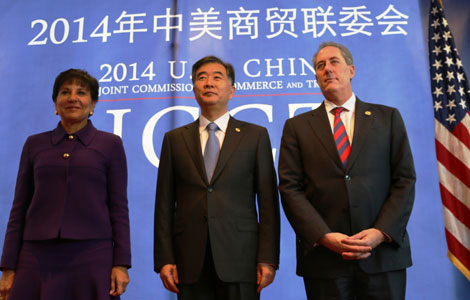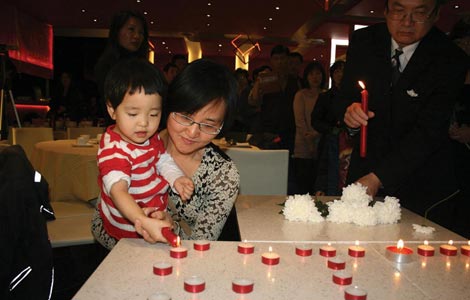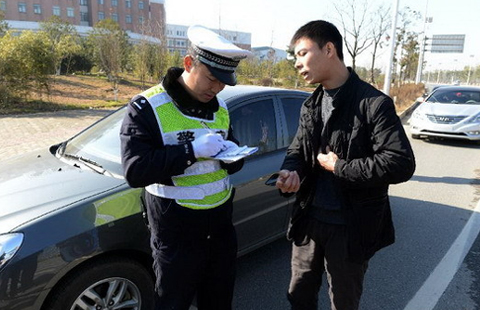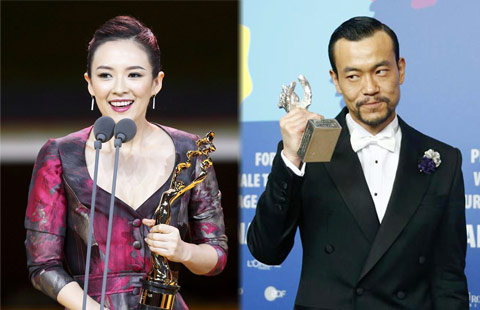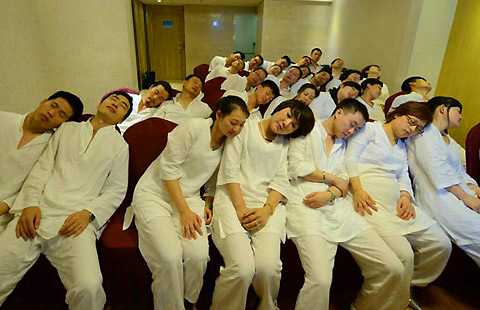A matter of time
Updated: 2014-12-18 08:03
By Xu Fan(China Daily USA)
|
||||||||
Director Wong Kar-wai cites Einstein's theory of relativity to defend his notoriously slow pace. Xu Fan catches up with the maverick at an ongoing retrospective of his films.
Hong Kong director Wong Kar-wai is notoriously difficult to work with. Many actors have complained about endless filming delays, a lack of planning and unexplained halts.
But they say the results are more than agreeable.
|
Director Wong Kar-wai appears with his signature sunglasses at the opening of a retrospective of his films that runs until Jan 8 in Beijing. Jiang Dong / China Daily |
|
2046 is one of Wong Kar-wai's best-known films. It features a starstudded cast, including Hong Kong actress Maggie Cheung. Provided to China Daily |
|
Wong Kar-wai's kung fu biopic The Grandmaster will be screened in 3-D, starting from the end of the director's retrospective in Beijing. Provided to China Daily |
And the fruits of Wong's labor are on full display in an ongoing mainland retrospective of his films - the first of its kind - until Jan 8.
Beijing cinemas are showing his productions, including Chungking Express (1994), Fallen Angels (1995), Happy Together (1997), In the Mood for Love (2000) and 2046 (2004).
The exhibition is organized by the China Film Archive and Bona Film Group.
Wong appeared in the China Film Archive Cinema hall, wearing his signature sunglasses, after the show opened with the screening of martial arts romance Ashes of Time (1994).
"Most mainland viewers have watched my films on DVD over the decades," says the director, who has been a film festival-award favorite for nearly 30 years.
Many of his movies haven't previously been shown on the mainland's big screen.
"So this is technically the first time some of my films are being screened on the mainland. I consider myself a newcomer here."
The 56-year-old takes his time with productions. He finished only 11 films between 1988 and 2013. While a typical shoot takes three months, Wong's take three or four years.
South Korean media report Wong had his assistants hide Song Hye-kyo's passport during the filming of The Grandmaster, a biopic of kung fu icon Yip Man, for fear the Korean star may quit because of delays.
Despite his reputation for being difficult to deal with, Wong has worked with many A-listers - Hong Kong's Tony Leung Chiu-wai, singer-actor Leslie Cheung and 2004 Cannes best actress-winner Maggie Cheung.
The director allegedly has a "weird" habit of showing up on set with only about 20 lines on a single piece of paper and keeping actors in the dark about their roles until filming has finished, domestic film news websites quote sources close to crews as saying.
Wong cites Einstein's theory of relativity in defense of his "procrastination".
"Filming speeds are relative," Ifeng.com quoted him as saying.
"Different films have different rhythms. I just pick the right rhythms for my films."
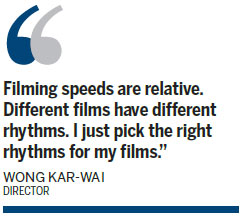
He says he's not slow but rather "very careful". He disagrees with the showbiz piety that time is money.
"Money can buy many things - but not time," he says.
"My bosses always asked me when I could hand in the script when I was a screenwriter. Producers ask me every day when I can finish filming as a director. But rushing makes me anxious."
He has earned the ability to take his time through developing a distinctive style and aesthetic appeal that has won honors and fans.
China Film Archive curator Sun Xiang-hui says: "There were long lines when the exhibition's tickets went on sale. I heard some fans came as early as 3 am and stood outside in the cold."
The exhibition's most anticipated film is the 3-D version of The Grandmaster, which will premiere on the event's final day - exactly two years after its 2-D version was screened nationwide - and run in theaters for weeks.
Wong spent 10 years on the movie, including four years filming. He visited nearly 100 martial arts practitioners.
The investment paid off. It won nearly 30 awards at Asia's major film festivals, including the Hong Kong Film Awards and Asian Film Awards.
Wong believes the 3-D version will bring audiences closer to kung fu.
"One of the martial arts masters told me fighting is like kissing - the closer, the better," he says.
Wong, who became the only Chinese to preside over the Cannes International Film Festival's jury in 2006, hopes to expand beyond his attributed identity as a new wave cinema pioneer.
He says he took inspiration from a visit to India, where he accepted the International Film Festival of India's Lifetime Achievement award on Nov 30.
"Bollywood musical movies are full of fun. I hope to film a movie from that genre."
Contact the writer at xufan@chinadaily.com.cn
(China Daily USA 12/18/2014 page7)
Most Viewed
Editor's Picks
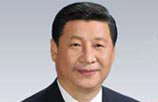
|

|

|
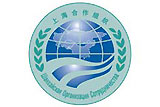
|
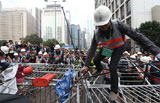
|
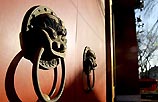
|
Today's Top News
China urges US to correct itself after WTO case win
Venezuela could seek China's help as oil drops
China, Chile seek enhanced trade, investment
'Made in China' helps Brazilian consumers
LatAm-China ties key to turnaround
New dynamic for US, Cuba
Oil's fall 'huge gift' for China: expert
China, US to act on food issues
US Weekly

|

|
